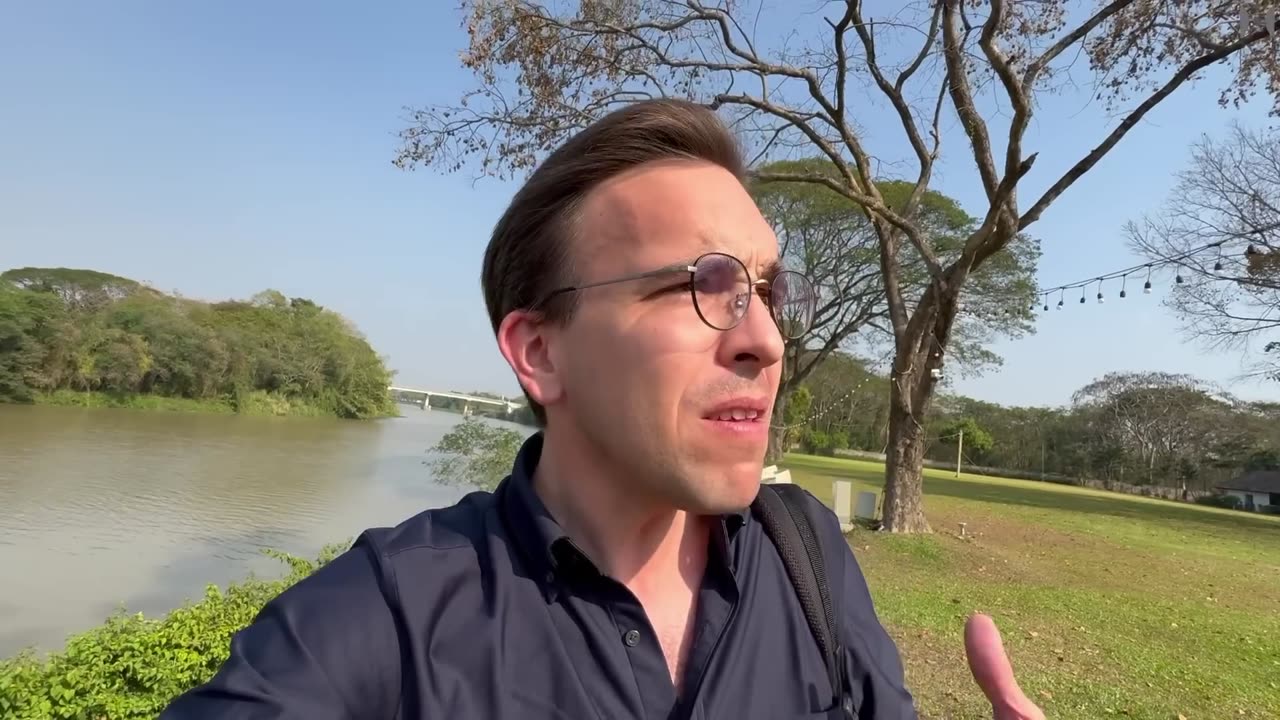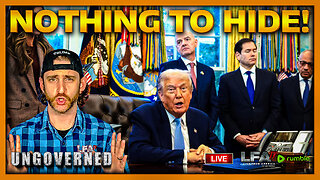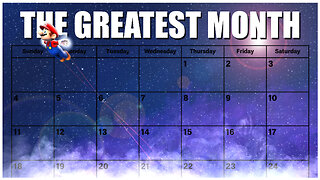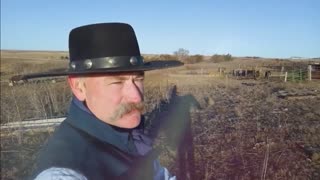Premium Only Content

What if I'm wrong?
Pascal Lottaz, discusses the limitation of knowledge, and certainty.
https://neutralitystudies.com/
There is always a possibility that an analyst gets things wrong. Statistically, its highly likely given sufficient quantity of decisions that a small number of them will classify the correct answer, as a false answer. And the false answer as the correct one. i.e. A false positive, or a false negative.
Asking anyone (even a trained academic) to provide the correct answer 100% of the time, is unreasonable, and irrational.
Also in information warfare, publishing information that causes misclassification is the objective.
The obvious danger to the academic is one of their misclassifications is used as a basis by political opponents to terminate their employment.
For this reason academics, like lawyers, are very reluctant to make statements unless they can be proved irrefutably. This often leads to weak statements, and slowness in building the structure, of a comprehensive analysis. Slow case building, but necessary.
There are also a lot of religious philosophies, about the truth being unknowable, or being something that is created autonomously by the individual. Both theories I reject.
Pascal correctly points out that if you have sufficient quantity of facts that have independent high probabity of being correct, all corroborating a theory, then the probability of error is reduced, and the likely hood of the theory being correct is high.
e.g. If I can explain 10 reasons why Neil Armstrong landed on the moon, probably it can be verified that it occurred.
Objective truth is disputed nowdays by some theoreticians.
But in reality, do I care if some theoretician disputes the existence of the light bulb being on in the kitchen? No, I base my assessment on reality that I can see the lightbulb shining. - These theoretical arguments are simply impractical.
If I want to check whether the US lies about overthrowing governments, I just read the history books. Or the public newspaper statements about Iraq, or Lybia or the invasion of Syria. etc.
Yes its possible to make a mistake, but even with errors, there are checks one can make. Does the conclusion of assessment withstand new information.
Therefore if new information is continually analysed, there will always be the possibility of changing a false classification, into the correct category.
This review of a fact, should never end until the probability of misclassification is acceptablely low.
Does that make you correct? If you follow this procedure? No, it doesn't. But it does ensure that one is very very likely to be correct.
-
 LIVE
LIVE
Badlands Media
3 hours agoBadlands Daily: November 18, 2025
1,782 watching -
 LIVE
LIVE
LFA TV
12 hours agoLIVE & BREAKING NEWS! | TUESDAY 11/18/25
3,540 watching -
 24:50
24:50
Simply Bitcoin
15 hours ago $0.46 earnedEXCLUSIVE: Tether CEO Reveals Bitcoins Next Move | Paolo Ardoino
4514 -
 1:06:55
1:06:55
Chad Prather
12 hours agoThe Habits That Make Believers Unstoppable
65.4K42 -
 40:09
40:09
ZeeeMedia
17 hours agoTrump Reverses on Epstein Files & UK Govt Caught in Deadly COVID Shot Lie | Daily Pulse Ep 145
7.73K27 -
 1:40:52
1:40:52
Game On!
21 hours ago $2.90 earnedCollege Football Week 13 Playoff Predictions And BEST BETS!
24.7K2 -
 37:29
37:29
Link to the Light
14 hours ago $4.55 earnedThe Greatest Month in Video Game History
41.6K2 -
 1:09:39
1:09:39
LIVE WITH CHRIS'WORLD
13 hours agoTHE WAKE UP CALL - 11/18/2025 - Episode 8
22.8K3 -
 2:05:33
2:05:33
BEK TV
1 day agoTrent Loos in the Morning - 11/18/2025
24.9K5 -
 5:58
5:58
DropItLikeItsScott
23 hours ago $2.81 earnedThe BRIGHTEST EDC Flashlight? NITECORE EDC37
21.5K1